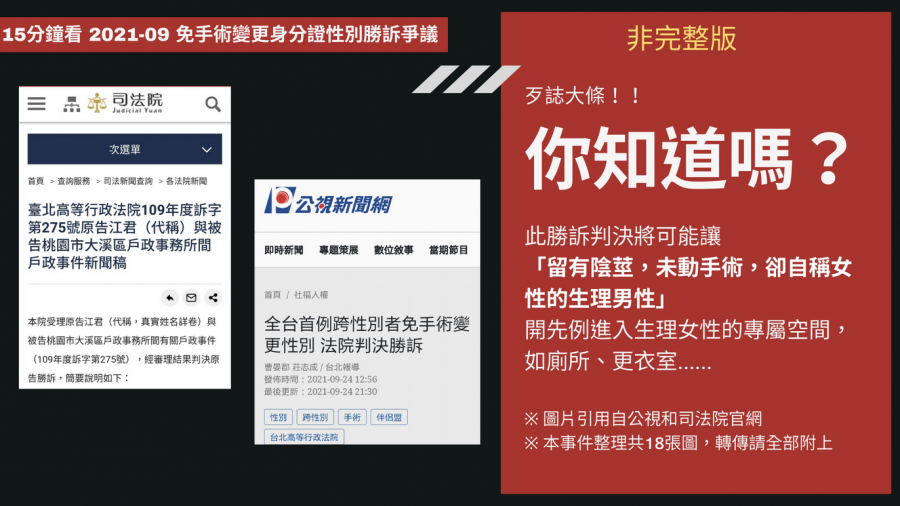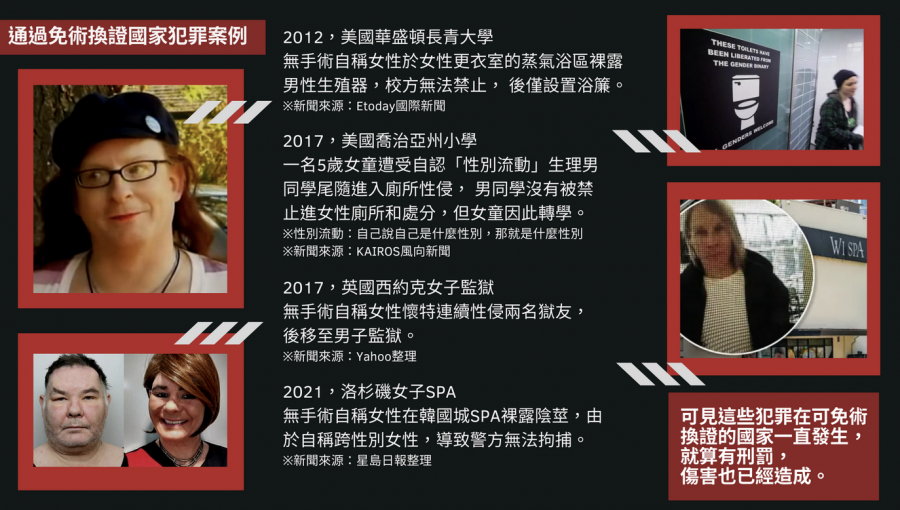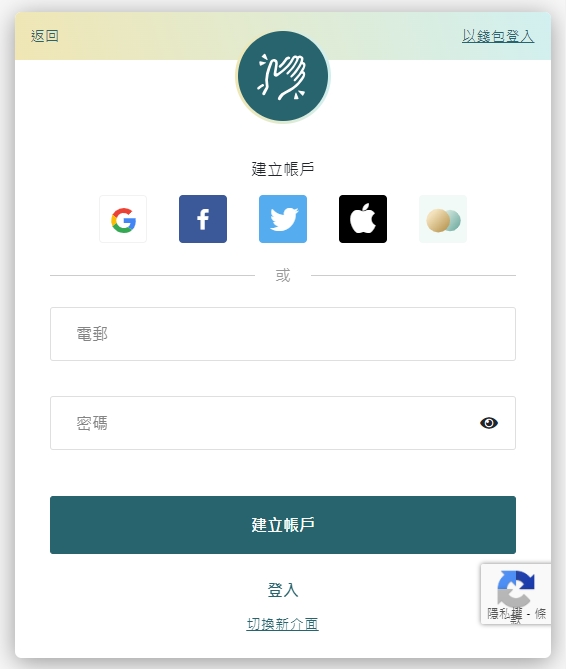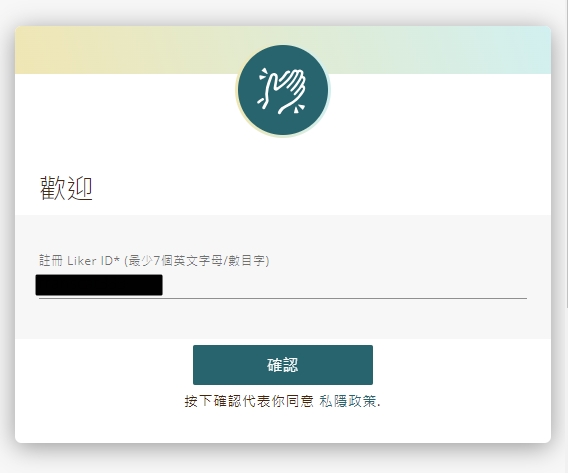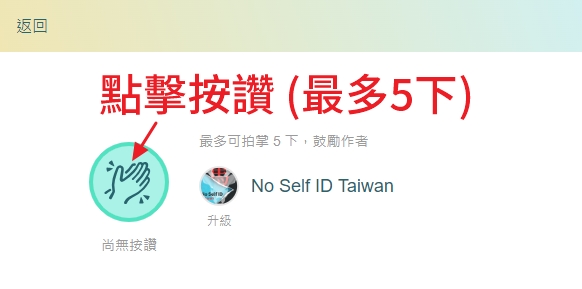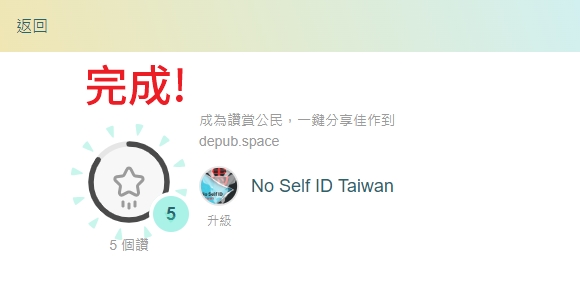- Originally posted on: Feminist Current
On October 30th, I am presenting on the topic of “Gender and Immateriality” at the 29th Annual Conference of the English and American Literature Association in Taiwan and, funny enough, Taiwan is currently awash with news of sex self-identification. Gender identity ideology has ripped through Western society at full force, bringing out tired old stereotypes and misogyny disguised as progressive thinking, and is now extending across the globe.
On September 23, the Taipei High Administrative Court issued a ruling allowing a trans-identified male calling himself “Xiao E (小E)” to change his legal sex to female without sex reassignment surgery — the first of its kind. Until now, individuals could not change their sex on an ID card unless they provided medical certificates confirming a diagnoses of gender dysphoria and proof of a sex change operation.
How did this ideology reach Taiwan — an Asian nation on the edge of the Pacific? It appears certain groups in Taiwan have been working in near secrecy to make this happen.
The last three decades has seen Taiwan join the ranks of the most vibrant democracies in Asia. Since democratization began in the 1990s, democracy and respect for human rights have become an increasingly prominent part of the island’s identity and values. Taiwan became the first country in Asia to legalize same-sex marriage in May 2019. I was there at the marches, rallies, and the Pride Parades leading up to this monumental victory for equality. What marriage equality, the women’s rights movement, and the civil rights movement have in common is that they extended the rights of a privileged group to everyone. When well-meaning people in Taiwan hear “trans rights,” they assume something similar is being demanded. But that isn’t the case. What campaigners mean by “trans rights” is the “right” to identify as the opposite sex — socially, legally, and in every other context.
But, this isn’t a human right.
Equal access to housing, healthcare, employment, and safety are basic rights that (should) belong to every person in the world. Ensuring all individuals can live free from harassment, violence, and discrimination is also a worthy goal, and trans-identified people deserve this, like everyone. But it is not a human right to demand to be treated either socially or legally as female, if you are male. Women fought to have access to single-sex spaces, services, and opportunities — allowing males to access female-only spaces like change rooms, shelters, and prisons should not be framed as a human right. It is not a human right to endanger vulnerable women and girls. It is not a human right to require that everyone accept subjective beliefs as objective reality. It is a privilege to demand to be socially and legally treated as the opposite sex — to compel the speech and the actions of others. Demanding everyone subscribe to your faith-based beliefs (or at least say they do) is comparable to state-sanctioned religion.
The acceptance of and legislating around gender identity ideology is happening at a very rapid pace in the country I call home. The following is a timeline of Taiwan’s progression to self-ID*:
1988 : Two doctors defined the surgical requirements to change one’s legal sex in Taiwan as the removal of reproductive organs and the completion of so-called “sex reassignment surgery” (SRS), including vaginoplasty and phalloplasty.
Other criteria for legally changing sex in Taiwan included:
- Living as opposite sex for at least two years and adapting well
- Having the support of parents and family
- Being aged between 20 and 40 years old
- Patient intelligence above mid-range, an IQ score of between 85 and 115
- Ruling-out patients seeking to perform surgery due to mental disorders, paraphilic disorders, or excessive mental stress
For 20 years, this remained the only way to legally change your sex in Taiwan.
November 2008 : As SRS is often expensive and quite risky, human rights organizations and various activists worked with the Department of Health (now called the Ministry of Health and Welfare), to change the 1988 criteria to the following:
“Application of trans-identified individuals requires two certificates of diagnosis from two different licensed Taiwanese psychiatrists, and a certificate of diagnosis from a licensed Taiwanese medical institution stating the removal of breasts, uterus, and ovaries in women, and penis and testes in men.”
The difference being that now, no vaginoplasty or phalloplasty was required after the surgery.
October 2013: The Office of the President Human Rights Committee held a meeting and decided the Executive Yuan should coordinate with the Ministry of Interior and the Ministry of Health to come up with a better policy for legal sex changes.
December 2013 : The Ministry of Health held a conference on sex change registration requirements. The conference agreed on the following conclusion:
“The legal change of gender registration should not require ANY medical requirements or prerequisites.”
The conclusion also stated that details should be discussed further with affected agencies and ministries. No women’s organizations were mentioned or consulted.
January 2014 : The Taiwanese Society of Psychiatry published the following statement on their website:
“It is not recommended to allow the change of legal gender solely based on Psychiatrists’ Certificates of diagnosis. We recommend that the government should form a special agency dedicated to this specific purpose instead, to ensure and protect the rights of the affected individual.”
September 2021 : Taiwan court rules to allow a male identifying himself as “Xiao E (小E)” to change his legal sex to “female” without surgery.
The Chinese language news outlets that covered this case (UDN News, ET Daily, Apply Daily, LTN Liberty Times) all did so with no comment on how these changes would impact women in Taiwan. Across the board, they printed copy and paste statements from groups representing trans activist interests, and offered no counter opinion or discussion of potential harm to women and girls. The two English language news outlets to discuss the case — Focus Taiwan and Taipei Times — provided the barest of details and also failed to discuss negative impacts on women.
According to a Taiwanese source I spoke with who is active in the LGBTQ community, in 2020, the Executive Yuan (Taiwan’s highest administrative branch) funded research on public opinion regarding gender self-ID, which is being led by the gender studies department at a local Taiwanese university. The project is called “Legalization of Gender Change Requirements and Legislative Suggestions,” and aims to assess public and/or LGBTQ community opinions on self-ID requirements to provide the Executive Yuan direction on possible legislative change. The research is being compiled via a series of questions conducted online using a Google form .
According to an anonymous source I spoke with who works for the government, the research is strongly biased towards requiring only self-declaration of identity. This research is costing the Taiwan government upwards of 1.3 million Taiwan Dollars (roughly $37,000 USD). The survey seems, almost by design, very difficult to find online — a government official who reached out to me had trouble finding the Google form, and, unlike the general public, he actually knew what to search for. Searching online for information on the research being conducted — or the survey itself — only reveals the institutions who bid to conduct the research. The only actual links to the form are found on transgender or LGBTQ related forums. The organizations behind the research do not seem interested in including the general public and are heavily biased, only seeking out participation from a few select groups within the LGBTQ community.
There are many trans people around the world who acknowledge that surgery cannot actually change one’s sex. Not all of those who have had sex-change operations and/or identify as “transsexual” or “trans” push to enter female spaces, or force others to use incorrectly sexed pronouns. Trans is not a monolith, and many with dysphoria are under no illusions about their biological reality. Yet, trans-identified individuals who deviate from the preferred narrative are not being included in the conversation. It appears as though the Executive Branch already knows what they want to include in their bill, which, if passed, will ensure one need only self-declare an inner sense of “gender identity” in order to legally change sex. They are promoting what is called a “legal fiction,” which is created when the law acts as if something is the case, for certain defined legal purposes, when in fact it is not. Humans cannot change sex, but we are being coerced into an immersive fiction by Taiwan’s government into believing they can.

This graph shows the increase in trans-identified men and women over the years in Taiwan. Note the disproportionate increase in trans-identified males. This graph was published by the National Yangming Jiaotong University using information provided by Taipei Veteran General Hospital. (According to the Taiwanese calendar, which counts years starting from the creation of the Republic of China, the numbers 85–102 refer to the years 1996–2013.)
Even the term, “gender identity,” is a misnomer — in fact, gender identity legislation requires others to identify you as a member of the sex you proclaim.
But one cannot “identify” into sex. All of us are born one of two biological sexes, easily observable at birth 99.98 percent of the time. [Exceedingly rare disorders of sexual development (DSDs) are medically identifiable conditions that deviate from the sexual binary norm. They do not constitute a third sex.] Gender, on the other hand, is a subjective and socially constructed concept, not an objective biological entity. The words male and female cannot refer to an immutable biological fact and a social construct or subjective identity, simultaneously. And setting aside the sticky issue of what it would even mean to “feel” male or female, why would such a feeling matter if physically being male or female does not? Why should immaterial feelings of “femaleness” matter in law, trumping the material reality of our physical bodies?
Convincing people to accept identities that are subjective and have no basis in material reality is not an easy task, which is probably why this recent ruling was a surprise to many in Taiwan. If you want everyone to accept your gender identity as valid, then the populace must be persuaded that sexed bodies are not material, but that gender identities are. If you think you cannot convince your populace, you try to push through laws without their knowledge or informed consent.
Material facts about the way women are treated in society — and the protections and spaces we require — must be acknowledged in consideration of this issue. Allowing men to self-identify as women and access women’s spaces and resources causes harm to the original members of the category “woman.”
Studies show that most males who identify as transgender retain their genitalia. Changing the law in order to allow these males access to women’s spaces means any man at all can access women’s spaces, essentially making all spaces mixed-sex spaces, to the detriment of females.
Feelings of being born in the “wrong body” are unverifiable, no matter how strongly felt and expressed. They do not constitute scientific evidence of objective material reality. “I think I am a woman, therefore I am a woman” cannot be the basis for the legal definition of a woman. It legally disenfranchises women to remove biological sex from the definition of womanhood, or to have it superseded by gender identity.
I have always loved people who rejected gender stereotypes: David Bowie, Boy George, Marlene Dietrich, Annie Lennox, Grace Jones, and every member of BTS — women who dared to be what we deem masculine and men who choose not to be. The idea that women should be “feminine” (soft, submissive, subservient) and the idea that men must play sports and guzzle beer, or that they shouldn’t wear makeup or show their emotions, are gender stereotypes. I support rejecting gender. Given that I support gender non-conformity and breaking apart stereotypes, you might think I would be happy about today’s gender ideology. But I am not. That is because rather than reject gender stereotypes, gender identity ideology says we must define ourselves by them. It is a step back, and it has been skillfully sold as progressive.
It is disappointing to see a thriving democracy like Taiwan circumvent discussion on this topic and use sleight of hand to pass a law that will negatively impact its citizens. It is reminiscent of its recent authoritarian past, under the guise of being “inclusive.” It is disappointing to see that women’s organizations, trans people who don’t advocate gender identity ideology, and the general public have been left out of the conversation. The government should be able to provide legal protections for trans people, without eroding the legal status, rights, and existence of women. Language matters, because that is how we describe reality. When we erase the meaning of the word woman, we erase women, the oppression women face, and the rights women have fought for.
The backlash is already being felt. On popular Asian social media platform Plurk, people are talking about what the government is trying to do, angering many. Young, liberal, educated people want to protect the rights of trans people, but do not want to accept self-ID and intact males in female spaces. Taiwanese women around the city have begun a campaign using messaging app, Line (possibly the most popular way to communicate in this country), detailing the case, and urging their friends, family, and members of the community to contact their local legislators to complain about this verdict. They are wondering why they have been strategically left out of the conversation.
October 2021: Anonymous members of the LGBTQ+ community in Taiwan began distributing leaflets explaining the ruling and its implications via social media and messaging apps like Line. Concerned citizens also created an online petition to appeal the ruling on self-ID, on account of wanting to protect women only spaces. Currently, only Taiwanese citizens or permanent residents of Taiwan can sign the petition.
January 2022 : The research currently being conducted will be summarized into a report and the Executive Yuan will then write a bill based on the results. The time to act is now. Contact your local legislator and make your voice heard.
*Note that in Mandarin Chinese, there is no distinction made between the words sex and gender. In Taiwan, when terms like “gender registration” and “legal gender” are used, they are referring to biological sex.
Prior to 1988 there was no regulation or law regarding changing ones sex in Taiwan
Jaclynn Joyce is a Hawai’i born — now Taiwan based — PhD student and university lecturer.
